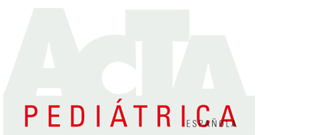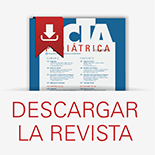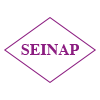Volumen 74 - Número 11 - Diciembre 2016
Publicado en
Revisión
Agua de bebida en el niño. Recomendaciones prácticas
Drinking water in infants. Is there any ideal composition?
I. Vitoria MiñanaUnidad de Nutrición y Metabolopatías. Hospital «La Fe». Valencia














